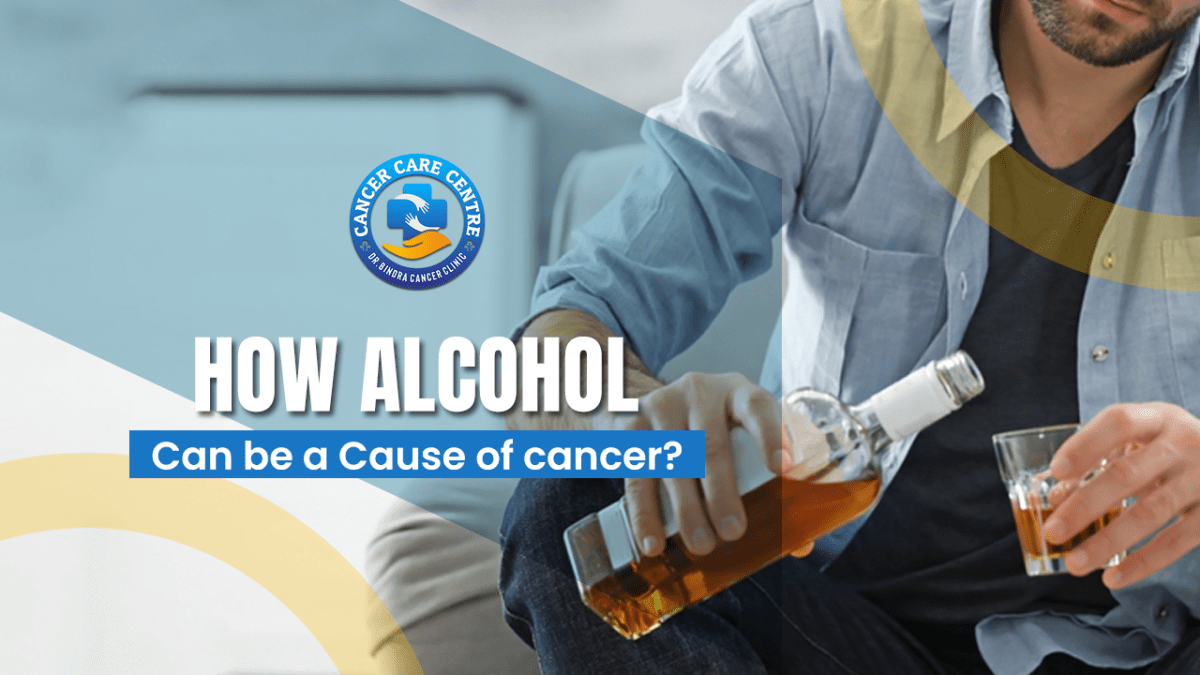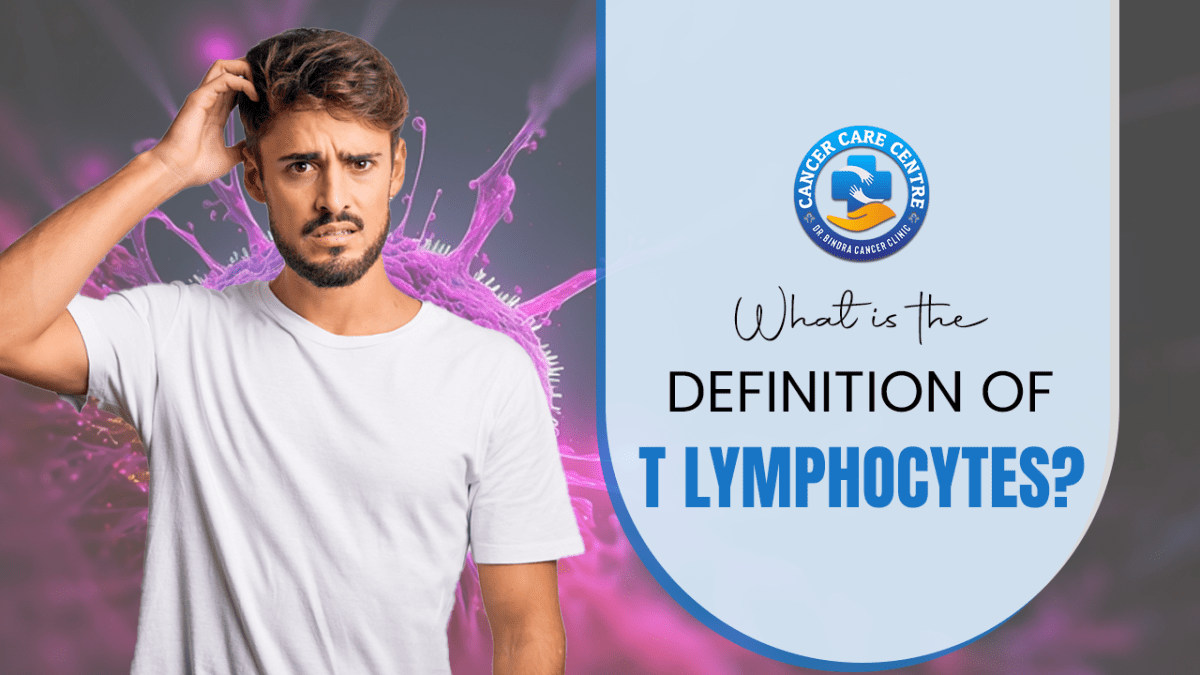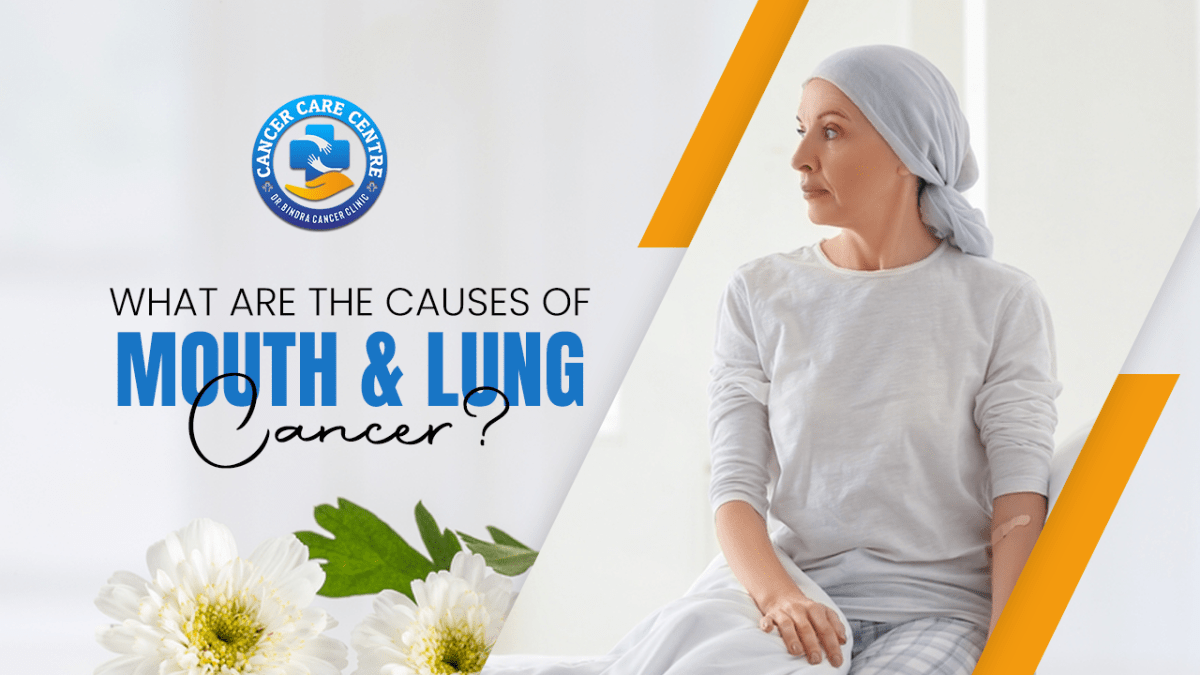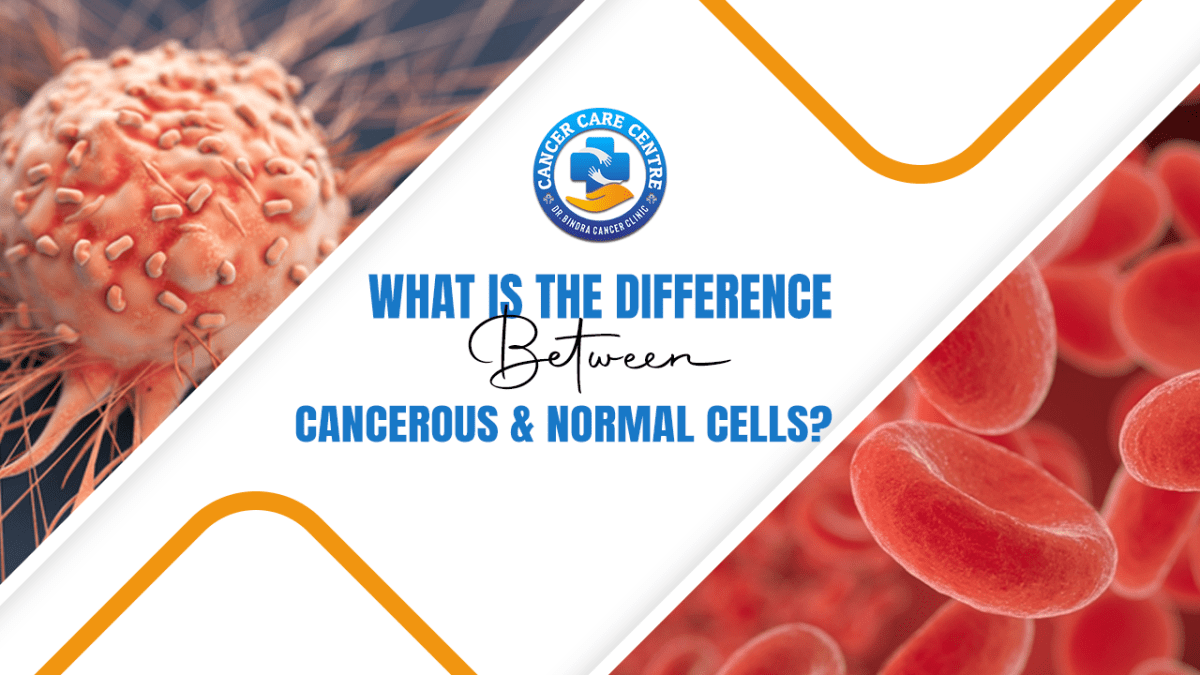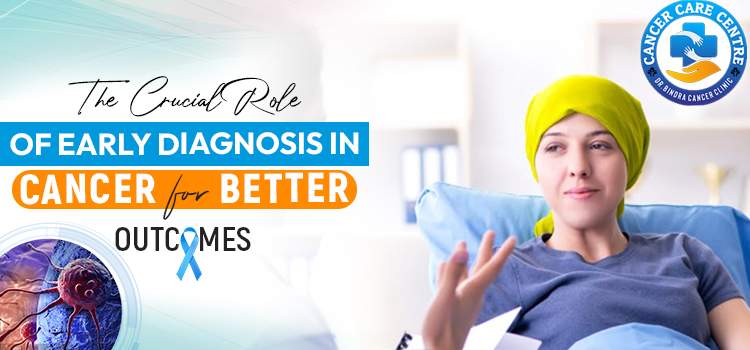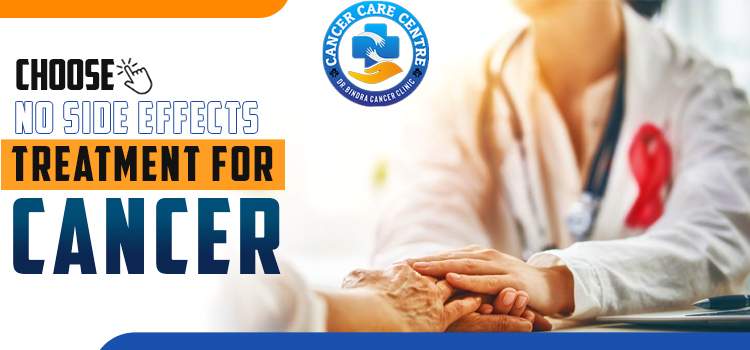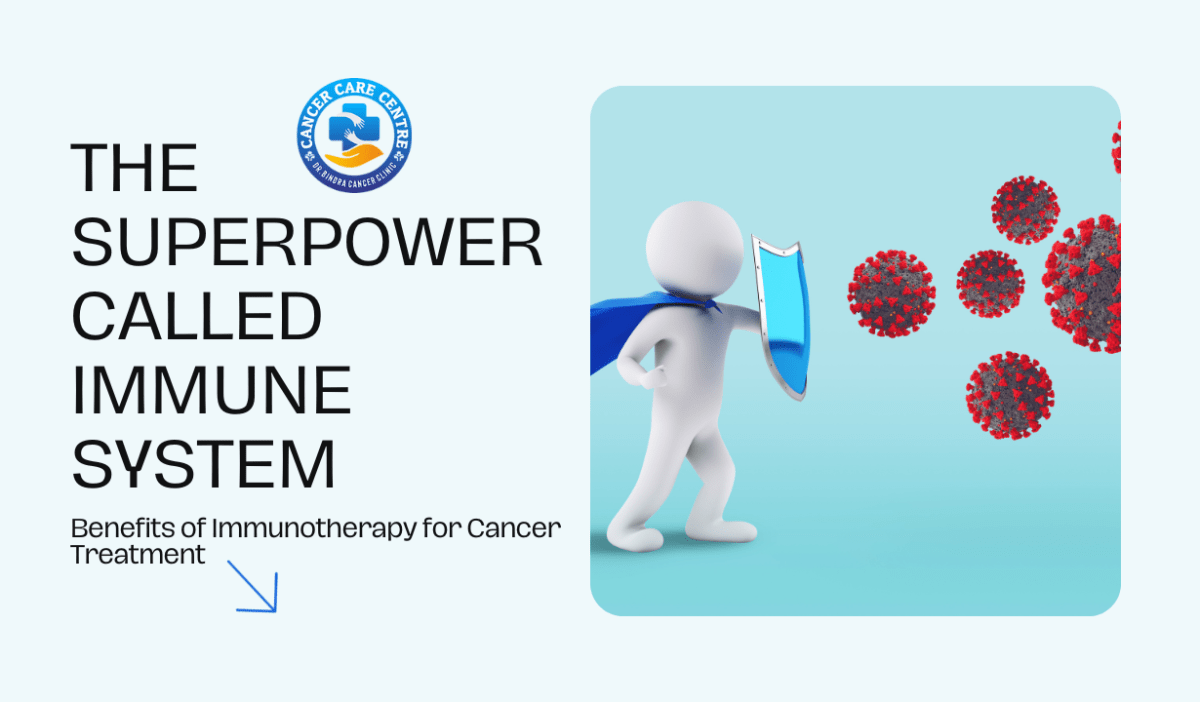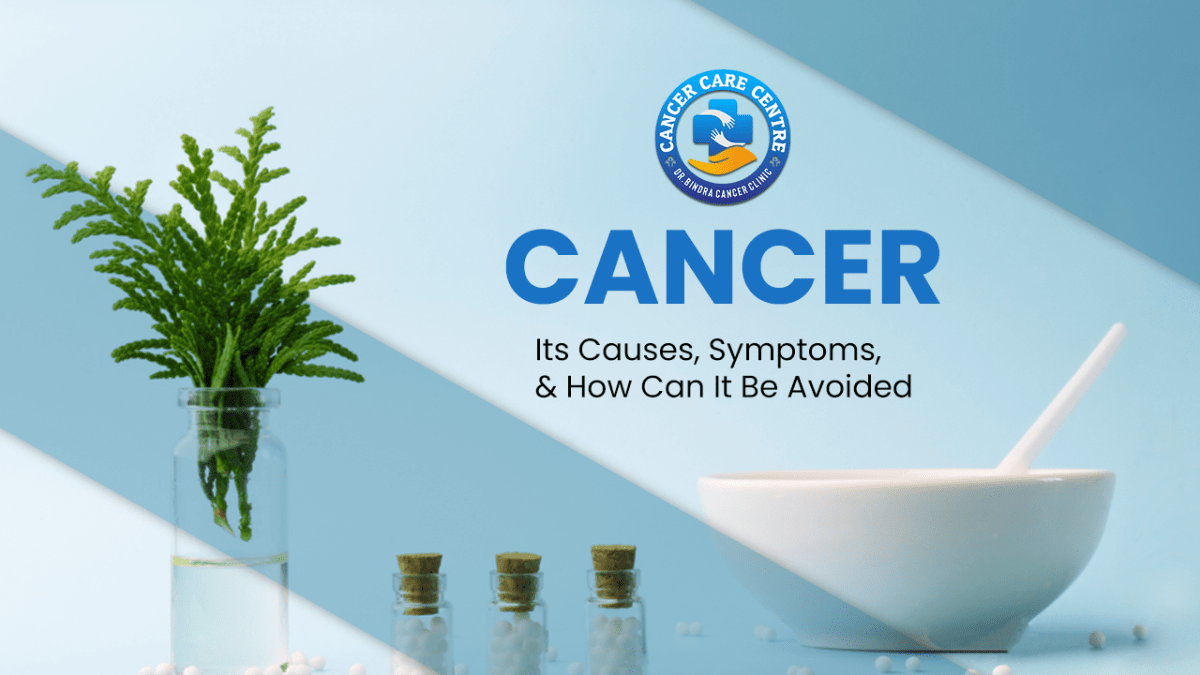
The number of cancer patients is increasing day by day. Many factors are responsible for this growth in numbers. The factors are environmental pollution, lifestyle, lack of physical activity, poor diet or unhealthy diet, and stress. The number of cases is also rising in Punjab. As per data, 108.2 males and 124.6 females per 1 lakh people suffer from cancer in Punjab. This blog will shed light on cancer, its causes, its success rate and more, according to Dr Manpreet Singh Bindra (BHMS PgHom(London), DIHom(London), CCH-UK(Oncology).
Cancer
Cancer is a large group of diseases that causes abnormal or uncontrollable cell growth. Normal cells form, serve their purpose and die. But cancer cells do not follow this approach; they grow uncontrollably and do not die. As a result, it forms a tumour or swelling in the affected part of the body.
What Are The Reasons Or Causes Of Cancer?
Multiple factors contribute to the development of cancer. It is not a disease that comes suddenly from outside. It develops inside the body.
- Poor Diet – People now heavily rely on junk food or follow unhealthy eating habits. Consuming an unhealthy diet for a long time can lead to poor immunity and the development of cancer.
- Mindset – The mindset of the person also plays a crucial role in his or her well-being. It might not be visible, but mental stress is a major cause of cancer. You need to keep a positive mindset. Always worrying and stressing about something can adversely affect your health.
- Lack of Exercise – Lack of physical activity also influences a person’s health. Less or no physical activity can make the body weak and susceptible to diseases.
When we constantly follow unhealthy lifestyles, poor diets and poor lifestyles, there comes a point or threshold where the body cannot take it anymore, and it results in cancer. Thus, it is essential to follow a proper lifestyle, good habits, clean eating and regular exercise.
Other Factors That Cause Cancer
Other factors include pollutants such as fertilizers, uranium, etc., which directly and indirectly affect our bodies. Nowadays, the use of chemical pesticides and fertilizers has increased. This has increased the pollution in the environment. As per reports, many harmful substances are found in water and crops that you consume. This affects our bodies and makes us prone to diseases like cancer.
Prevention Tips From External Factors
- Organic Food – If you are not aware of the pollutants in the food, then how can you prevent yourself from such external factors? The answer to this is – you can buy organic food. It is grown without the use of fertilizers and pesticides. Hence, it is a good alternative.
- Thorough Wash – Wash your fruits and vegetables thoroughly. Many harmful contaminants can be washed off with thorough cleaning.
- Drink Filter Water – As harmful pollutants are found even in water, it is beneficial to use filters or to drink filtered water.
Common Symptoms of Cancer
Since cancer is a broad term, its symptoms vary from one type to another. Different cancers can have different symptoms. However, there are a few general symptoms that can indicate cancer. These are as follows:
- Consistent weight loss without any specific reasons can be an indication of cancer.
- Breathlessness even from small tasks.
- Prolonged cough, sometimes with blood.
- A lump or knot-type thickening under the skin.
- Constant fatigue.
Is Cancer 100% Curable?
There is no specific cure for any type of cancer. However, this does not mean that you will die from cancer. Many patients survive cancer and live the rest of their lives normally, whereas there are also patients who die from cancer despite getting the treatment. The response to treatment might differ from one patient to another. You should consult your doctor and carefully consider various options before opting for any kind of treatment.
Treatment Of Cancer
Allopathy: In this, three treatments can be suggested; they are
- Surgery – In this, the affected area is operated on, and the cancer tumour is removed surgically.
- Chemotherapy – In this, harmful drugs are used, which can have adverse side effects on the body. It focuses on killing all the cells in the body with the intention that new cells might not grow cancerous. However, this does not happen in the majority of the cases.
- Radiotherapy – In this therapy, radiation is used to shrink a cancer tumour or lump or to damage cancer cells. This, again, has side effects that are detrimental to health.
Homeopathy
Homeopathy is an alternative medical approach that fights the disease from the root cause. The main aim is to strengthen the root, which will, by default, cure the disease. For cancer, homoeopathy offers a wide spectrum for the improvement of cancer. Also, a variety of medicines are available that provide good results, especially for stage 1 and 2 patients.
Patients who are on stages 3, 4, or the last stage have a limited scope of action in homoeopathy. This is because its medicine uses the immunity of the body to provide results. If a patient comes after multiple surgeries and chemotherapy, the body and immune system are already exhausted. As a result, homoeopathy might not give the best outcomes at the last stage. Nonetheless, in such cases, immunotherapy can be used.
Immunotherapy
Immunotherapy is a cell targeted special medicine that helps to generate immune cells. In contrast to this, in homoeopathy, medicines target the vitality of the whole body, which then helps the immune system. Secondly, the strengthened immune system provides healthy immune cells that help fight disease. Immunotherapy has better results as compared to homoeopathic medicines and treatments.
Foods To Avoid To Prevent Cancer
- Sugar is a diet for cancer cells. Hence, you should replace it with (organic) honey.
- Refined oils, dalda and even ghee are not suitable for cancer patients. Instead, olive oil must be used.
- Patients should avoid cold drinks, soft drinks and food that contains preservatives as they directly or indirectly cause cancer. You can replace them with natural fruit and vegetable juices.
- Avoid fast food as it is harmful to the body, and constantly eating junk food can make your immune system weak. This can result in diseases such as cancer.
- Avoid the consumption of alcohol, tobacco and smoke. All of these are dangerous for health.
According to Dr. M.S. Bindra, you should not ignore initial signs and symptoms. Also, do not make impulsive decisions about treatment. Try to prevent any diseases by making improvements in your diet and lifestyle.

